Professional septic tank cleaning that prevents backups, protects your property, and saves you from costly emergency repairs.
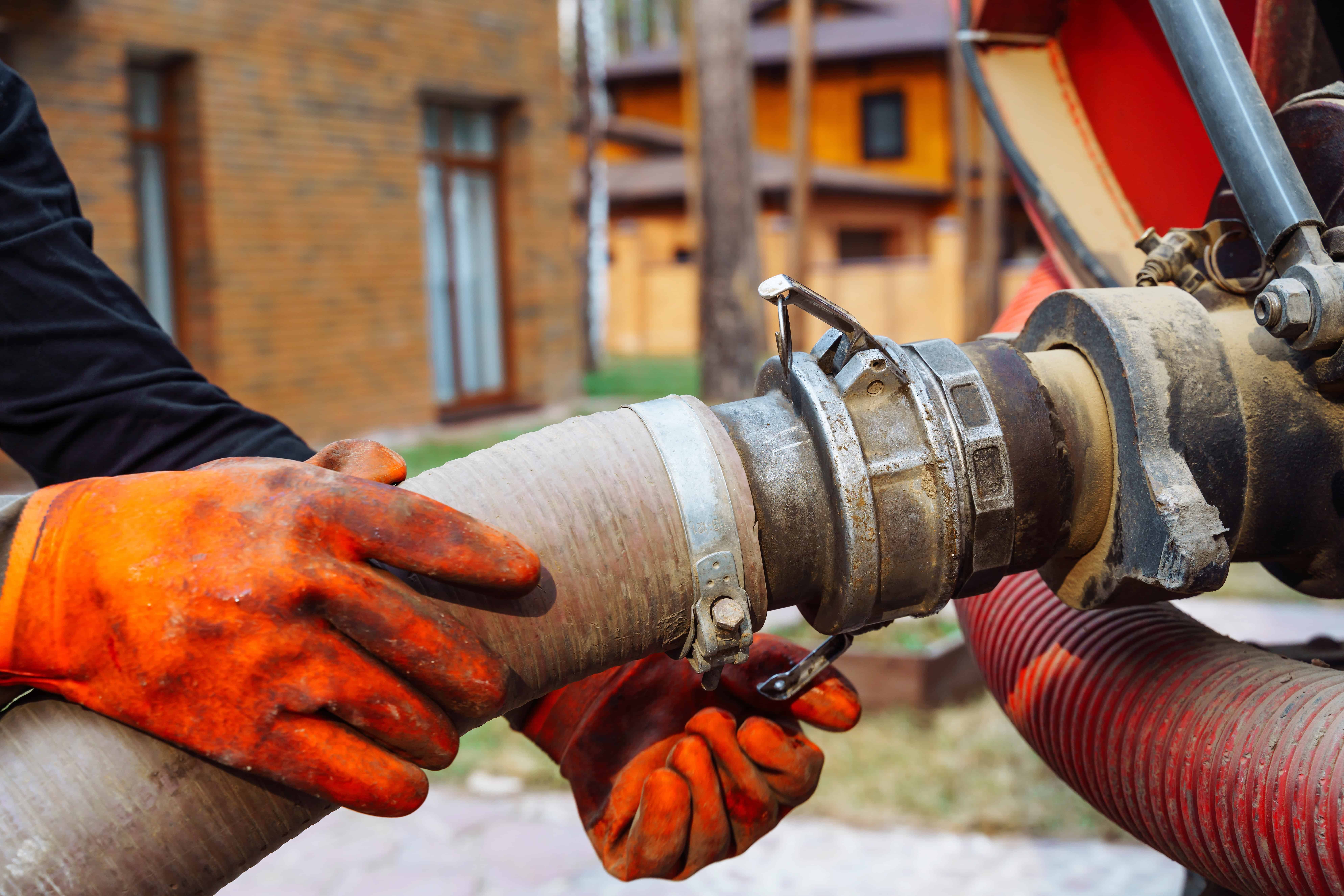
Hear from Our Customers
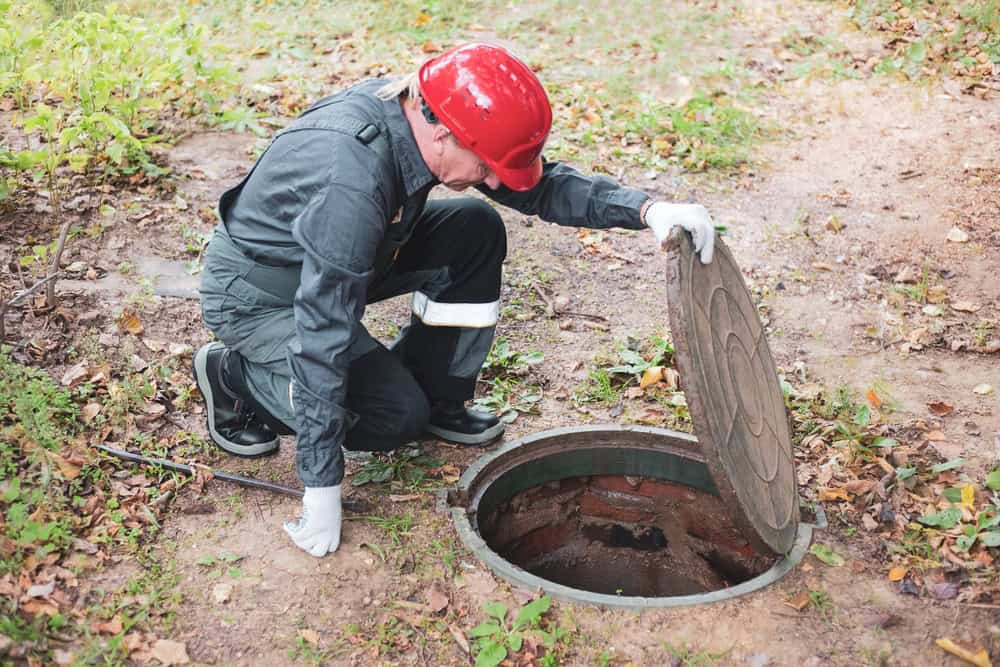
Your septic system works quietly in the background until it doesn’t. Regular cleaning prevents the nightmare scenarios you’ve probably heard about from neighbors – sewage backing up into your home, soggy drain fields, or that unmistakable smell that makes your property uninhabitable.
When your septic tank is properly maintained, you get years of reliable service without worry. No emergency calls to septic companies charging premium rates. No health department violations. No explaining to guests why they can’t use certain bathrooms.
You also protect your property investment. A failed septic system can cost $15,000 to $30,000 to replace, not counting the landscaping damage and lost time dealing with contractors. Regular cleaning extends your system’s life and keeps small issues from becoming expensive disasters.
Quality Cesspool has been serving Laurel and the surrounding Long Island communities for years. We understand the specific challenges of septic systems in this area – from the soil conditions to local regulations that affect how your system operates.
Our team is fully licensed and insured, which matters more than you might think. Septic work involves heavy equipment, underground utilities, and environmental regulations. You want professionals who know what they’re doing and can back up their work.
We’ve seen every type of septic issue Long Island homeowners face. That experience means faster diagnosis, proper solutions, and honest advice about what your system actually needs.
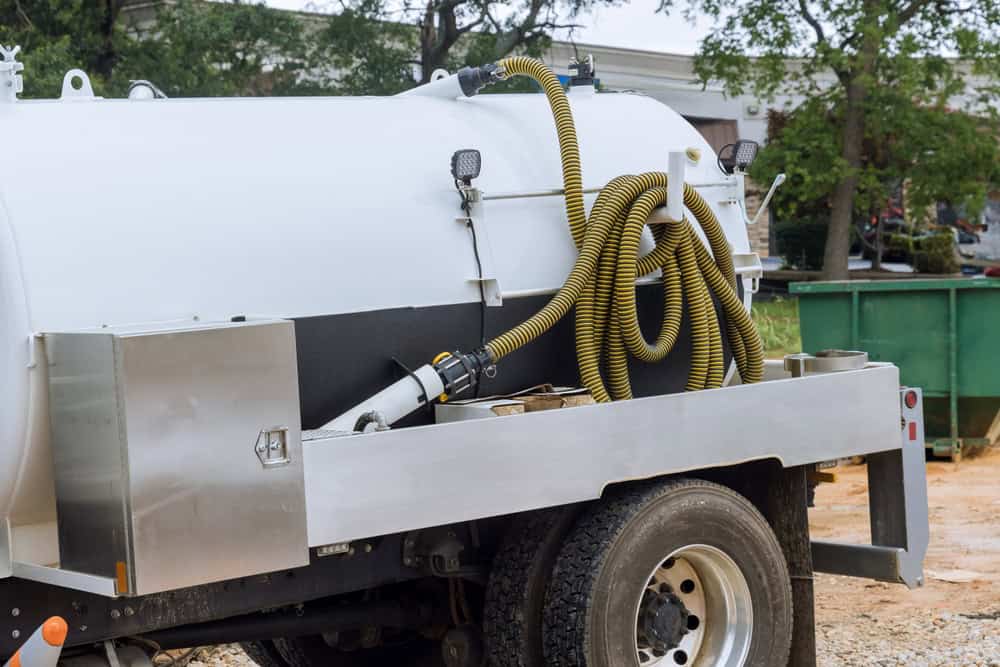
The process starts with locating and accessing your septic tank, which isn’t always straightforward in older Laurel properties. We bring the right equipment to handle any access situation without damaging your landscaping.
Next comes the actual pumping and cleaning. We remove all accumulated solids and liquids from your tank using professional vacuum equipment. This isn’t just pumping out liquid – proper cleaning means removing the sludge layer that builds up over time and can cause system failures.
During the service, we inspect your tank’s condition, checking for cracks, damaged baffles, or other issues that could cause problems. You get a clear explanation of what we found and honest advice about any concerns. The waste is transported to licensed treatment facilities, following all environmental regulations.
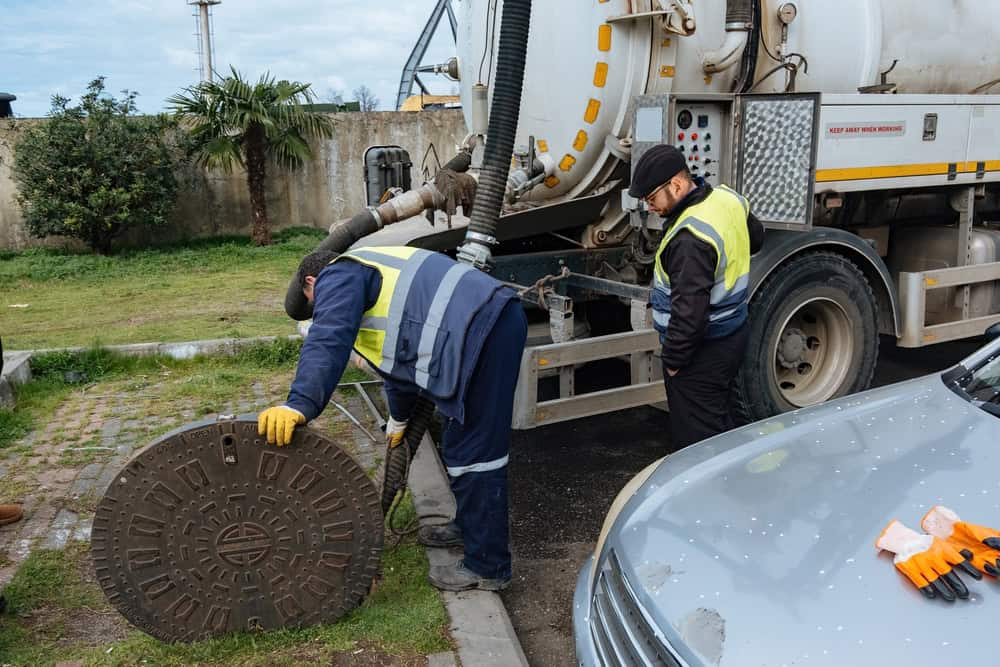
Ready to get started?
Your septic cleaning includes complete tank pumping, thorough inspection, and a clear report on your system’s condition. We don’t just pump and leave – we take time to explain what we found and answer your questions about your system.
The service covers proper disposal of all waste materials at licensed facilities. This matters because improper disposal can create environmental problems and legal issues for homeowners. You get documentation showing your waste was handled correctly.
Most Laurel homeowners need septic cleaning every 3-5 years, depending on household size and usage patterns. After service, you’ll get realistic guidance about when your system will need attention again, based on what we observed during cleaning. No high-pressure sales tactics or unnecessary upselling – just honest advice from professionals who understand Long Island septic systems.
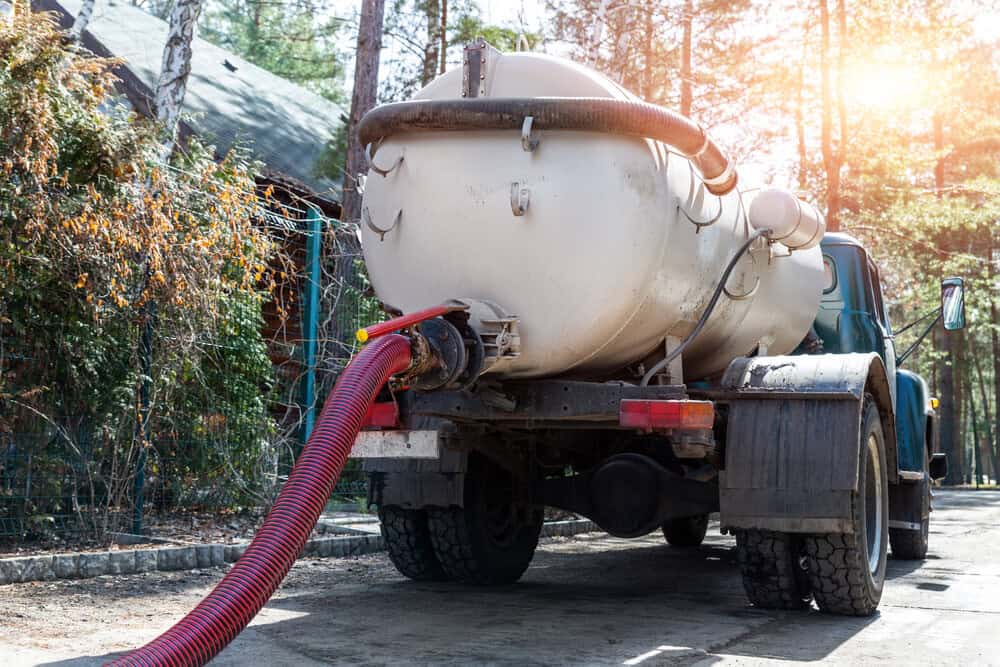
Don’t let cesspool issues disrupt your day. Reach out now for a free estimate and expert service.
©2025 Quality Cesspool All Rights Reserved. SEO Company NYC – Web Design & SEO by Hozio